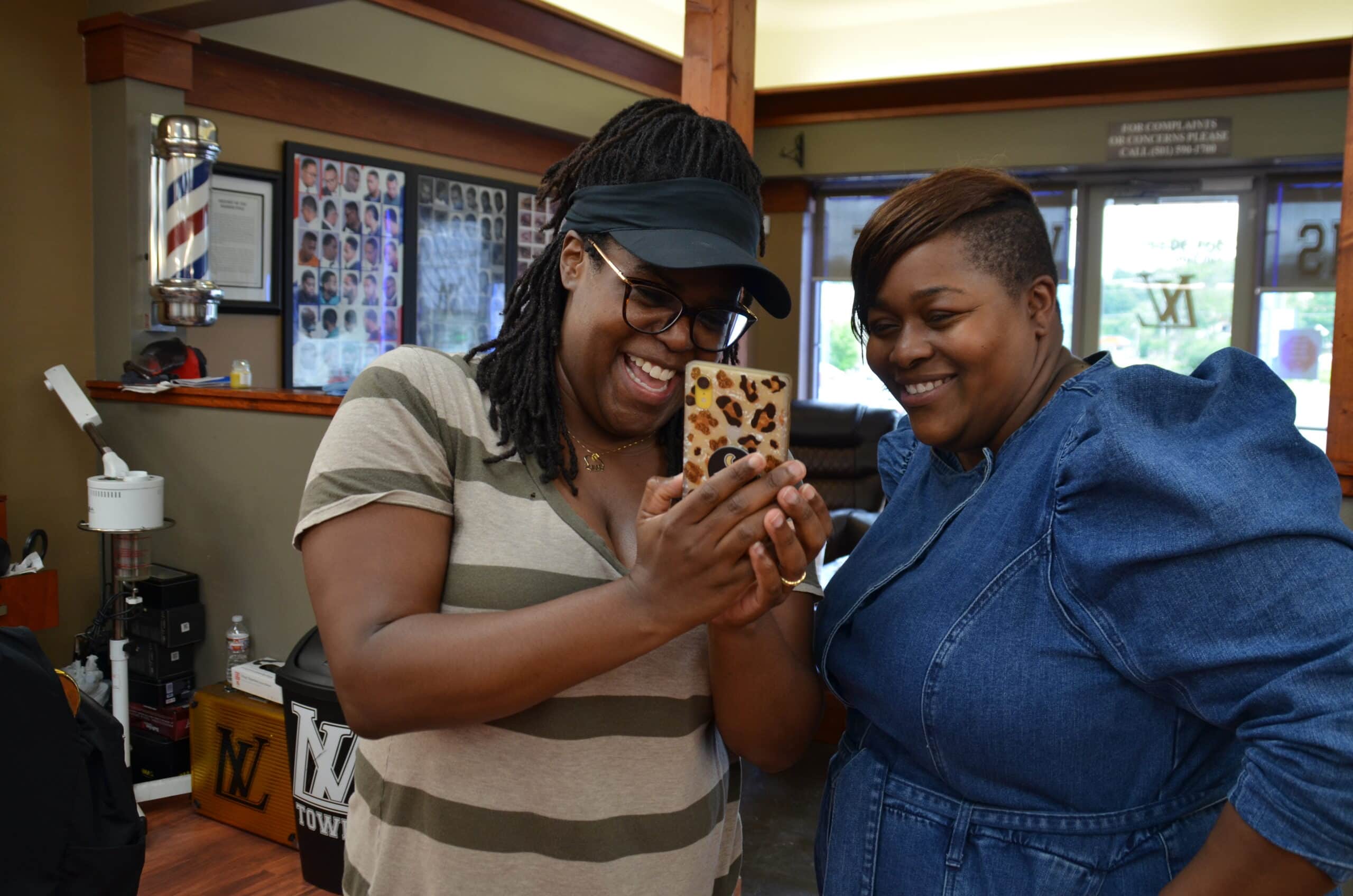Program to Help Black Men Address Alcohol Abuse Headed to State’s Barbershops
| The Center for Research, Health, and Social Justice at the University of Arkansas for Medical Sciences (UAMS) Fay W. Boozman College of Public Health is launching Barbershop Talk, an initiative to help Black men avoid using alcohol as a means to cope with stress.
Spearheaded by the college’s Department of Health Behavior and Health Education — the project will use data and in-depth conversations to inform Black men of the dangers of using alcohol to deal with stress or anger. Barbershop Talk, funded through a grant, starts later this year in Central Arkansas before expanding to a total of 60 barbershops throughout the state over a four-year span.
The Arkansas Department of Health and organizations that focus on addressing health determinants of Black men will receive the information collected during the screenings.
“It’s well-documented that Black men often deal with situations that create a lot of stress in their life,” said Tiffany Haynes, Ph.D., associate professor in the college’s Department of Health Behavior and Health Education and assistant dean for Diversity, Equity and Inclusion. “Research shows that living through stressful situations as well as racism typically prompt Black men to drink in order to deal with the stress.”
Barbershop Talk participants will answer questions about their drinking habits and overall health. At barbershops that implement the program, the barber will receive a haircut payment for each of his clients who are screened. Thus, the client will get their haircut for free through the project.
“We want the men to think about what the alcohol is doing to their body,” Haynes said. “We want them to understand exactly what they’re doing to themselves especially when it involves dealing with stress.”
Ailments like cardiovascular disease and cancer can be a byproduct of alcohol abuse.
“That’s why we’re aiming to have barbershops throughout Arkansas host the program,” said Camille Hart, research program director for the Department of Health Behavior Health Education. “Going to where these men are is important. People are more apt to listen if you go to where they’re comfortable and willing to let their guard down.”
To help Barbershop Talk reach maximum success, organizers have used the assistance of specially selected groups of Black men to test the initiative.
Barbershop Talk has a steering committee comprised of Black male barbers. Haynes and Hart have also formed a community review board, and most of its members are Black men.
“We want to make sure we’re using Barbershop Talk in a way that keeps clients engaged,” Hart said. “The best way to do that is to get the honest feedback from the demographic this program is for.”
The candid nature of a typical barbershop dialogue is key. The honest discussions and answering of questions could result in breakthrough discoveries, according to Haynes.
“This is a chance for Black men to discuss their health in a way that’s judgment free and beneficial,” she said. “This can lead to men getting the kind of care they need. Barbershop Talk is a step toward increasing access to services so that no person is left behind.”
